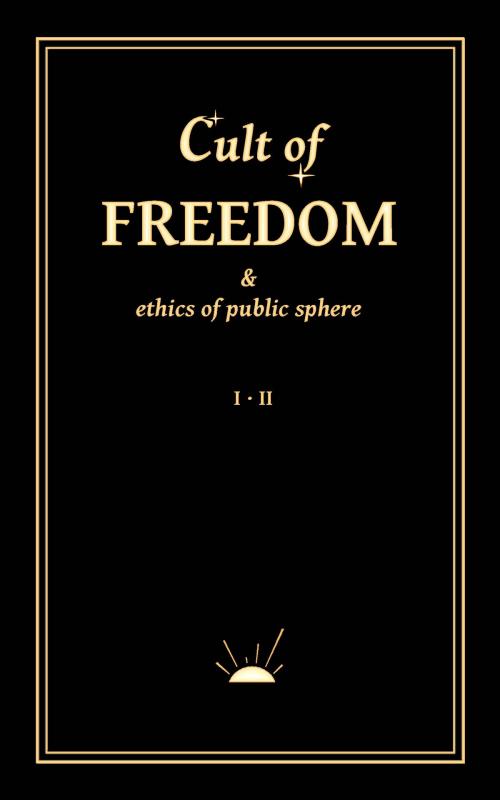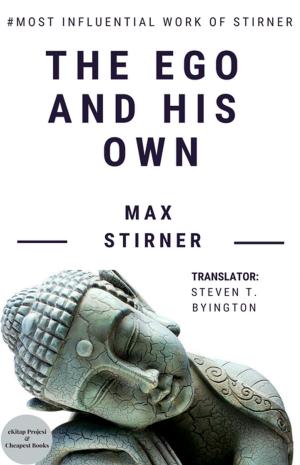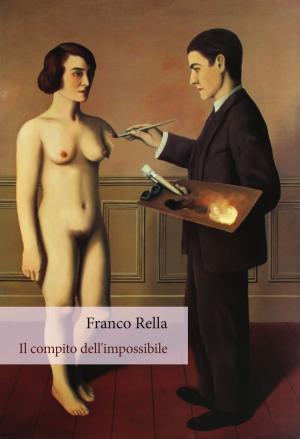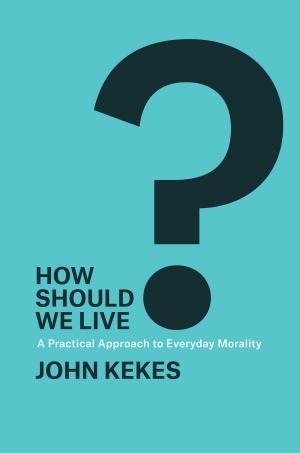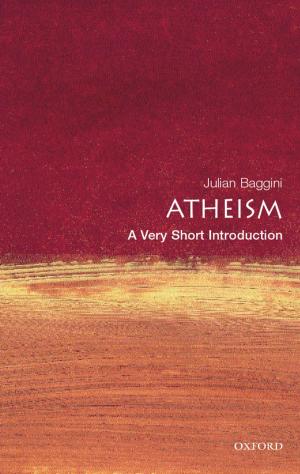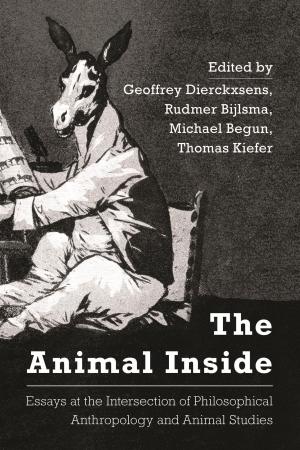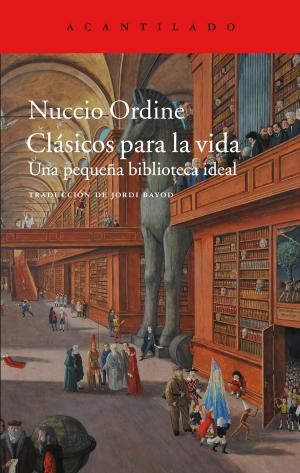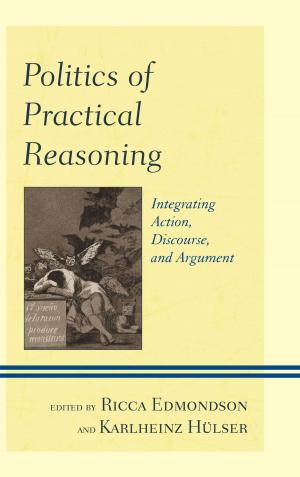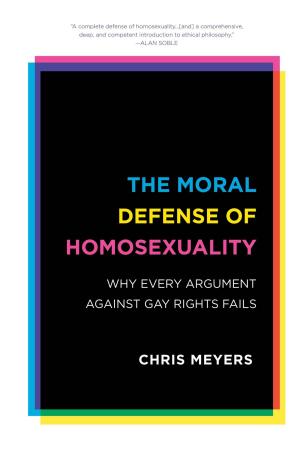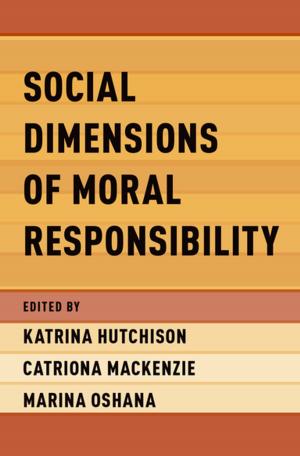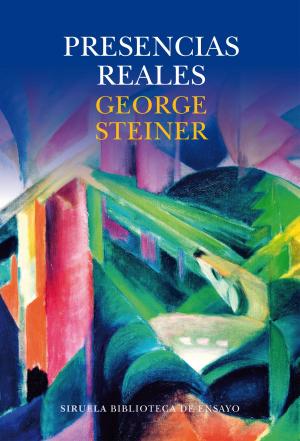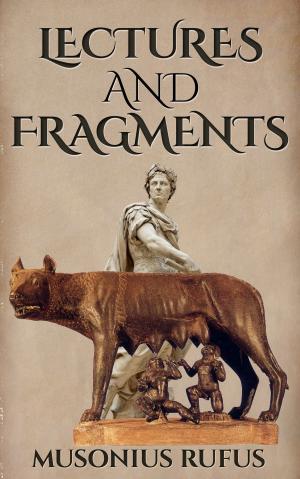Cult of Freedom & Ethics of Public Sphere
Nonfiction, Religion & Spirituality, Philosophy, Good & Evil, Ethics & Moral Philosophy| Author: | Prisoner | ISBN: | 1230000206906 |
| Publisher: | Prisoner | Publication: | January 3, 2014 |
| Imprint: | Language: | English |
| Author: | Prisoner |
| ISBN: | 1230000206906 |
| Publisher: | Prisoner |
| Publication: | January 3, 2014 |
| Imprint: | |
| Language: | English |
The book explains the only true ethics: objective ethics (OE). OE demands elimination of all forms of violence (physical, economic, financial, ideological, etc). It is objective in a sense that its source is in objective reality independent of any possible moral actor. It has nothing to do with religion, traditions or science. The foundations of OE are purely metaphysical.
Here are the main theses of objective ethics.
-
Freedom is an objective property of the universe opposite to determinism; it is responsible for the development of the universe (evolution) and at the same time is the aim of this development. Determinism is repeatability, regularity, certainty. It feels like a necessity, inevitability, compulsion, violence.
-
Freedom is fundamentally unknowable; the question of the existence of freedom is insolvable. Determinism is learned by observations and reflections. Determinism predetermines the future but freedom makes the future unpredictable and unknowable by denying determinism.
-
Freedom is perceived as Good and determinism as Evil. Freedom begets all other values. The duty of man, the purpose and meaning of human existence is to overcome determinism and to make the world freer. Cognition is part of this process. Knowledge entails responsibility; the criterion of truth is movement to freedom.
-
The man is one who follows his moral duty, who is striving to freedom. The motive of duty, the free will, is guided by the "feeling" of freedom. The unwillingness or inability of a sentient being to be a man brings it down to the level of animals. The animal follows the laws of the universe, submits to forces without trying to overcome them.
-
There is no absolute moral law; ethical norms are derived from the general contract. The basis, goal and condition of the consent is rejection of all forms of violence. The requirements of ethics cover conclusion of the contract (honesty, openness, objectivity) and compliance with it (fidelity to given word, adherence to rules, responsibility for violation).
-
Ethical norms (prohibitions) are formal; they are constantly improving; the old are replaced by new, more free and fair - this is the essence of moral progress. The meaning of the norms is to stimulate creative and constructive activities by limiting violence. The ethics treats people as abstractions; all private is ignored.
-
A special case of the contract is the exchange of man with society by the results of his activities. Ethics requires a fair (equivalent) retribution for both the harm and benefit brought by the man. Universal practical value units, money, express the value of freedom.
-
Personal relations are governed by a sacrificial morality (emotions, love, care, etc.), and catastrophic situations by a heroic morality. Both types of morality are informal, positive, limited in space and time, and require a clear separation from the public space (non-personal relations) governed by the ethics.
The book explains the only true ethics: objective ethics (OE). OE demands elimination of all forms of violence (physical, economic, financial, ideological, etc). It is objective in a sense that its source is in objective reality independent of any possible moral actor. It has nothing to do with religion, traditions or science. The foundations of OE are purely metaphysical.
Here are the main theses of objective ethics.
-
Freedom is an objective property of the universe opposite to determinism; it is responsible for the development of the universe (evolution) and at the same time is the aim of this development. Determinism is repeatability, regularity, certainty. It feels like a necessity, inevitability, compulsion, violence.
-
Freedom is fundamentally unknowable; the question of the existence of freedom is insolvable. Determinism is learned by observations and reflections. Determinism predetermines the future but freedom makes the future unpredictable and unknowable by denying determinism.
-
Freedom is perceived as Good and determinism as Evil. Freedom begets all other values. The duty of man, the purpose and meaning of human existence is to overcome determinism and to make the world freer. Cognition is part of this process. Knowledge entails responsibility; the criterion of truth is movement to freedom.
-
The man is one who follows his moral duty, who is striving to freedom. The motive of duty, the free will, is guided by the "feeling" of freedom. The unwillingness or inability of a sentient being to be a man brings it down to the level of animals. The animal follows the laws of the universe, submits to forces without trying to overcome them.
-
There is no absolute moral law; ethical norms are derived from the general contract. The basis, goal and condition of the consent is rejection of all forms of violence. The requirements of ethics cover conclusion of the contract (honesty, openness, objectivity) and compliance with it (fidelity to given word, adherence to rules, responsibility for violation).
-
Ethical norms (prohibitions) are formal; they are constantly improving; the old are replaced by new, more free and fair - this is the essence of moral progress. The meaning of the norms is to stimulate creative and constructive activities by limiting violence. The ethics treats people as abstractions; all private is ignored.
-
A special case of the contract is the exchange of man with society by the results of his activities. Ethics requires a fair (equivalent) retribution for both the harm and benefit brought by the man. Universal practical value units, money, express the value of freedom.
-
Personal relations are governed by a sacrificial morality (emotions, love, care, etc.), and catastrophic situations by a heroic morality. Both types of morality are informal, positive, limited in space and time, and require a clear separation from the public space (non-personal relations) governed by the ethics.
